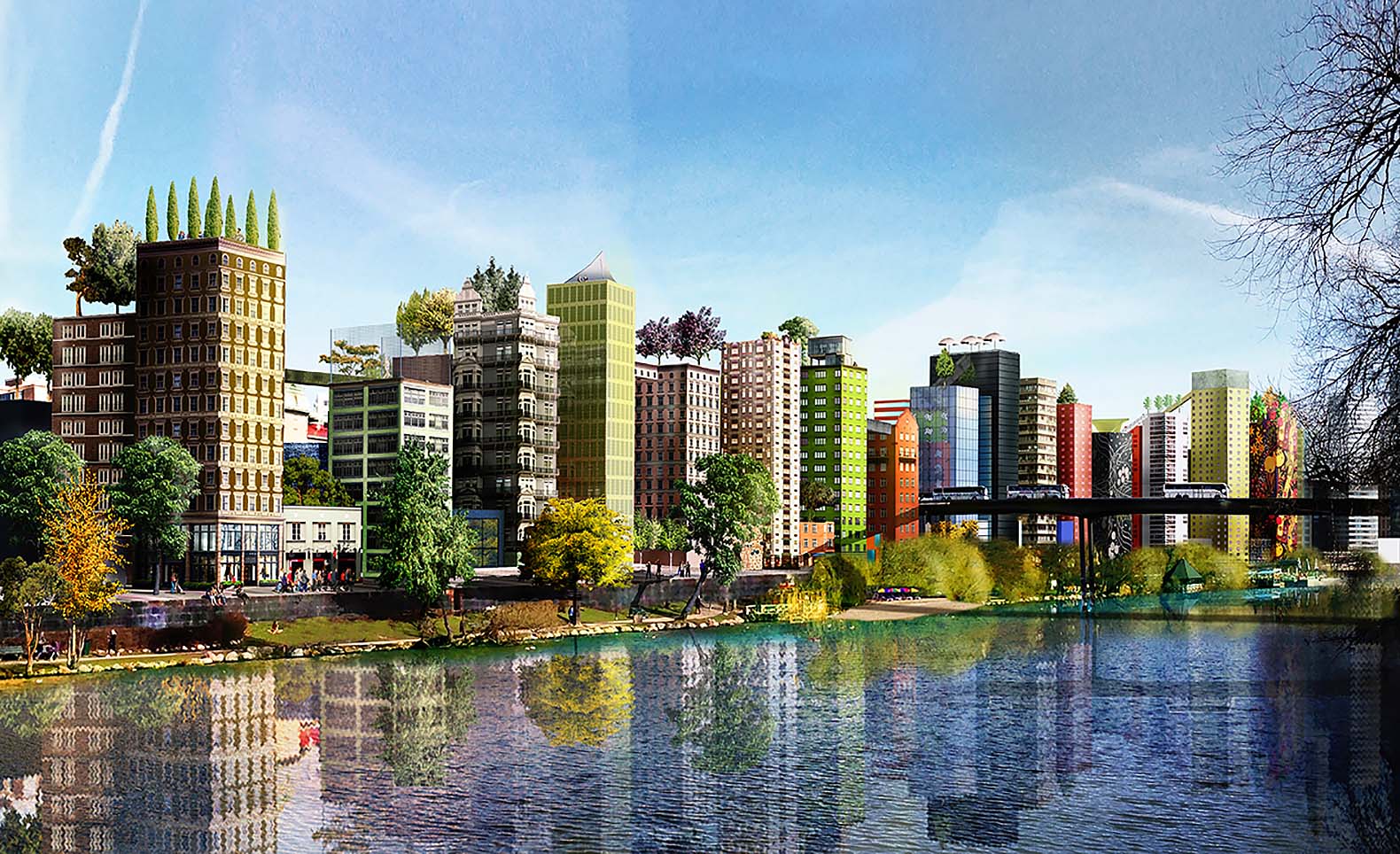11 Dec 2024

Tired Earth
By The Editorial Board

Scientists at the University of Bristol have discovered that people who felt more at ease in urban environments had as regular stepping patterns as folk who felt relaxed walking in nature.
The findings, published in PLoS One, show that rather than being a quality exclusive to natural environments, the key factor of an environment is how comfortable people feel in it and that defines how beneficial it is for wellbeing. This means that a well-designed urban environment can be similarly beneficial for concentration and attention as natural surroundings.
"Measuring the changes of a person's walking patterns through an environment allows us to understand their experienced comfort on a moment-to-moment basis. This is an important step toward being able to objectively quantify the impact of particular architectural designs on people's wellbeing."
-Daria Burtan, Lead Author, Bristol's School of Psychological Science
Scientists have previously shown that spending time in green spaces such as parks helps improve attention spans, concentration and wellbeing which can be shown by improvements in measured stepping patterns when walking in different environments.
Daria added: "As our cognitive faculties begin to decline in older age, the stepping patterns we make with our feet become slower and more variable, relative to when we are younger in the prime of our health. We found that the same thing happened when people walked toward images of urban and nature scenes they didn't feel comfortable with - their stepping patterns became slower and more varied, relative to when they were looking at scenes they found comfortable and which they liked. "
"Not only does this suggest that environments in which we feel comfortable and safe, place fewer processing demands on our brains; it demonstrates how measuring the real-time dynamics of our gait provides us with a powerful new tool for informing on the cognitive impacts of architecture and urban design."
The researchers are now looking to understand which psychological factors contribute to sensory discomfort.
Source : news-medical.net
Comment